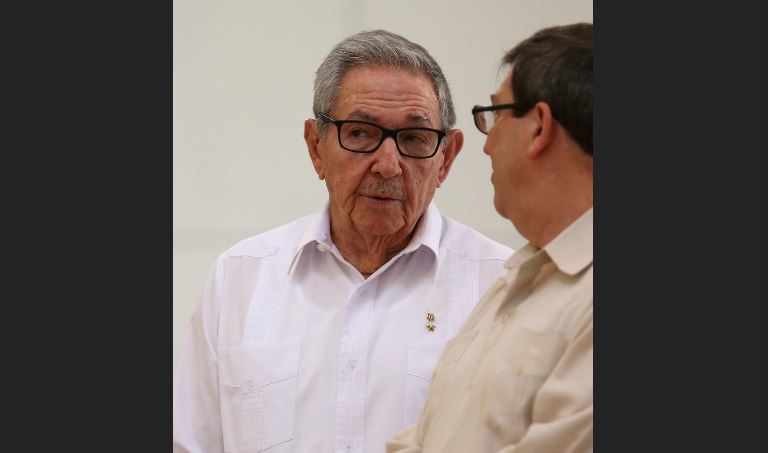×
The Standard e-Paper
Join Thousands Daily

U.S. social media firm Twitter Inc has blocked the accounts of Cuban Communist Party Leader Raul Castro, his daughter Mariela Castro and Cuba’s top state-run media outlets, a move the Cuban Union of Journalists denounced as “massive censorship”.
Dozens of accounts of journalists for Cuban state-run media as well as the official account for the Communications Ministry were also blocked in the crackdown late on Wednesday.